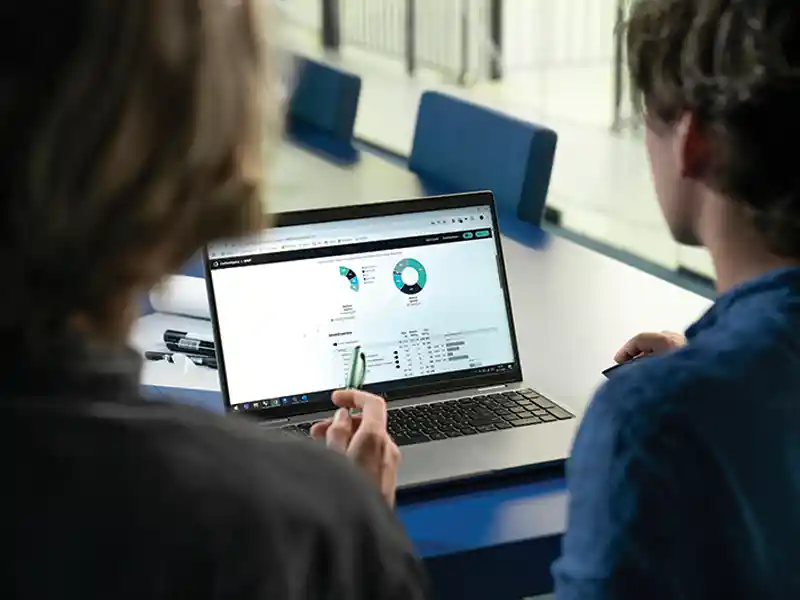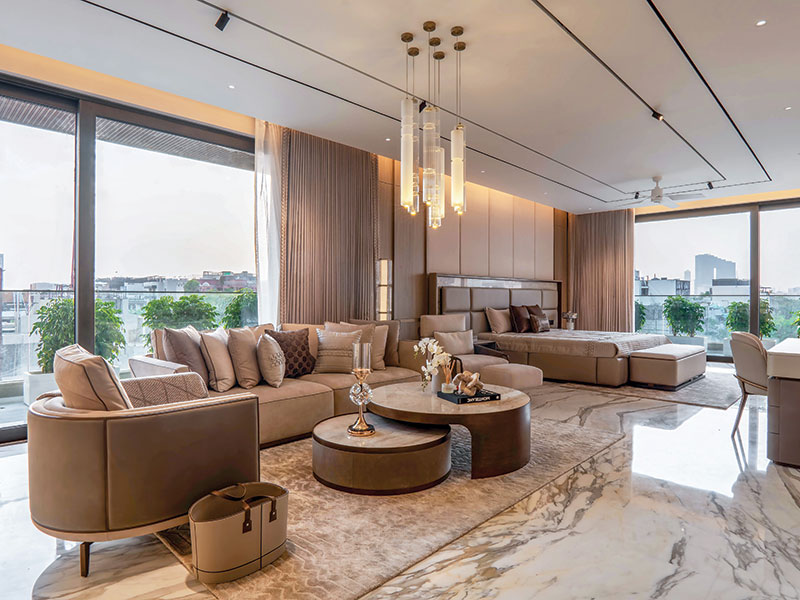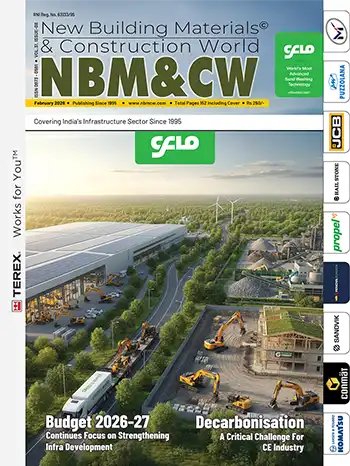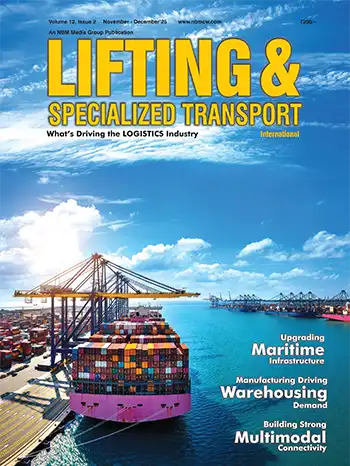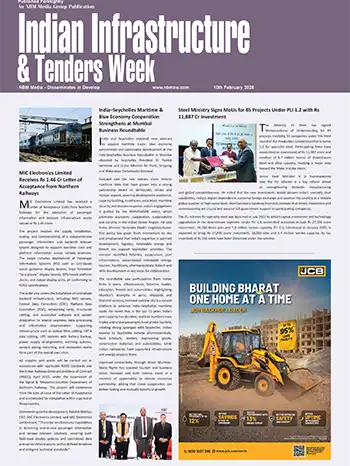The impact of Covid-19 has left deep scar that will heal slowly but leave a permanent mark. We have learnt a lot during these times …we have learnt the value of conserving resources, to live life in isolation while remaining connected virtually, and have learnt the value of sharing, caring and empathy. The power and need to build a resilient, sustainable, equitable society that assures health and well-being of all is more profound than ever before.
Green and sustainable communities and buildings that have a strong foundation of these core concepts have been able to manage the situation better. There is thus a need to be cognizant of the challenges that we have encountered and make revisions and adjustments to our planning and design procedures, concepts, and implementation strategies. As we are re-starting our day to day work, our workplaces and homes need to adapt to the new normal and we can also reimagine our future workplaces and homes to be more flexible and adaptive to similar challenging needs.
Green communities enable comfortable, safe, uninterrupted lives and livelihoods and are accessible and useable by all people regardless of age, ability, and other factors; equitable access to critical infrastructure is felt more strongly than ever
Our cities and communities have faced immense difficulties in providing equitable access to critical resources such as healthcare, food, shelter, and transportation, in recent times. We have realized the benefits of compact, human-scaled, walkable, and universally accessible neighborhoods and developments that connect to transportation means or offer diverse uses and services. The pandemic preparedness of Indian cities has proven that cities and communities that had proactive planning and preparedness and healthcare infrastructure for all, were able to contain the spread more effectively.
Social distancing is a new norm that requires creation of spaces that can allow for implementation of distancing without creating chaos and confusion. This is applicable in public spaces or semi-private to private spaces. Green and accessible open spaces have been found to positively impact physical, mental, and psychological health and the well-being of people. Provision of green spaces that are accessible and within walkable distance from buildings, encourage walking, enhance public health, and improve quality of life. Residential and commercial properties also need to make provisions for enabling social distancing and contactless services.
Homes have to be adaptable to the changing needs to facilitate isolation of a sick member, enable work from home, and provide safety and security for the family. Green design features such as adequate ventilation, natural daylight, and flexible spaces are very effective in enabling physical comfort and better mental health.
Spaces for common uses such as lift lobbies and public areas, commercial retail, and offices, have the challenge of accommodating people commuting from diverse locations, providing for safe, sanitised and healthy environment with social distancing and provision of disinfection facilities and other safety measures.
All workspaces should deploy sustainable requirements in building operations and human behaviour, as their spaces get re-occupied. Providing for good indoor air quality and a space conditioning system that contains spread of the virus is also a prime necessity. Organisations such the ASHRAE (American Society for Heating, Refrigeration and Air Conditioning) and its Indian counterpart ISHRAE have released several guidelines on temperature and humidity setpoints in re-occupied spaces, air distribution methods, and air filtration, including disinfection of air using UV rays.
Another area of concern is water. Since offices and commercial spaces went into a sudden lockdown so there is a high probability that unused water in these facilities has remained stagnant and exposed to contamination over the past months. There is thus a need to re-commission water systems and ensure water quality.
We are reopening offices and getting back to the normal way of life. But the fear of the virus looms large, so is the fear of any such pandemic hitting us in the future. We must take cognizance of the lessons learnt and prepare for a healthier and safer future. There is thus a need to assess the needs of our cities and communities and provide for these services equitably, particularly to the underprivileged and poor.



